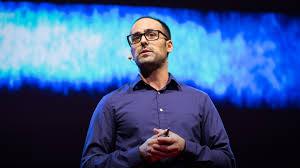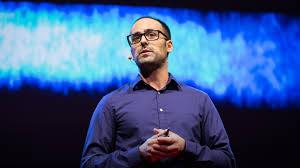
Credit: DSI
Tal Danino, a professor at the Data Science Institute, is conducting research that could help scientists combat the most lethal of cancers: pancreatic cancer.
In a recent study, working with a team of researchers, Danino demonstrated that bacteria in pancreatic tumors degrade a chemotherapy drug — Gemcitabine — most commonly used to treat patients who have pancreatic cancer. In preclinical experiments, the team injected mice with antibiotics to see if it would mitigate the effect of the bacteria. In more than 70 percent of the mice, the antibiotics proved effective in killing the bacteria. The mice that were not given antibiotics, however, showed rapid tumor progression.
The results of the study were published in a paper for Sept. 14 in the journal Science. The study may lead to clinical trials in humans. And if antibiotics are found to kill the bacteria in pancreatic patients, chemotherapy may become more effective, giving patients more hope and more life.
"Understanding tumor microbiology will help us improve our existing chemotherapies treatments for cancer patients, says Danino, a biomedical engineering professor at Columbia Engineering. "
Danino is known for genetically engineering bacteria to treat cancers, part of a field called synthetic biology. In this study, however, he and his collaborators took a different approach: analyzing micro-sized bacteria that hobble a widely-used chemo drug. Irrespective of his approach, though, his intent is the same: to merge biology and data science for greater good of society.
"The goal of our research is to use novel techniques for social good and to improve the health of many people," he says. "Data science combined with experimental approaches provides an exciting path to doing so."
###
Media Contact
Robert Florida
[email protected]
201-851-4240
@DSI_Columbia
http://datascience.columbia.edu/
Original Source
http://bit.ly/2yK6KYG





